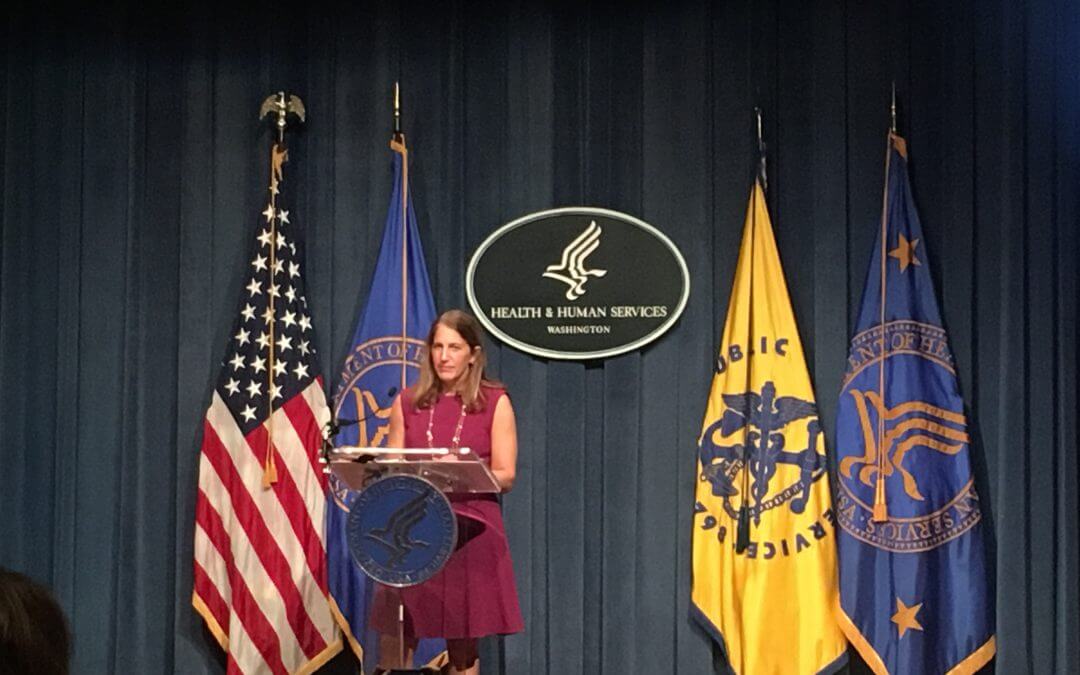WASHINGTON — The Department of Health and Human Services expects that 1 million more Americans will sign up for health insurance through the Affordable Care Act exchanges in 2017, raising the total number of exchange participants to 13.8 million, HHS Secretary Sylvia Burwell said Wednesday.
The fourth open enrollment period for the Affordable Care Act exchanges begins on Nov. 1.
Oregon was one of 31 states that chose to expand Medicaid access under the Affordable Care Act, and as of July, the state has enrolled more than 1 million people in Medicaid and the Children’s Health Insurance Program, a net increase of 63 percent since the first enrollment period and ACA-related Medicaid program changes in 2013.
More than 15 million additional people have enrolled in Medicaid and CHIPs nationwide since Obamacare went into effect in 2013, and Oregon saw one of the largest statewide percentage increases in the programs’ enrollment, placing only behind Kentucky, Nevada, Colorado and New Mexico.
The overall uninsured rate in Oregon in 2015 was 8.8 percent, down from 19 percent in 2013.
But Central Oregon may not have been prepared for that swift increase in patients. The region’s Medicaid coordinated care organization ranked lowest in the state with regard to overall access to care in 2015, according to an annual report released in June by the Oregon Health Authority.
Two thirds of patients seeking dental care had to wait more than a week for a routine appointment, and 61 percent of patients seeking urgent dental care had to wait at least two days.
Burwell said that longer wait times for health care overall have not been a problem nationally. One study found that the average wait time at a hospital in 2014, the first full year of the Affordable Care Act, was four minutes lower than in 2012.
Promoting primary care as a way to decrease the strain on emergency care is a priority for HHS, she said. The administration has taken three major steps:
subsidizing the education of future physicians; increasing the number of graduate students working in hospitals; targeting the populations that need increased access to primary care.
She also emphasized that the average person who shops on the marketplace for insurance saves $500 per year, and most people can get a plan for a premium of $75 a month or less.
The Affordable Care Act has been criticized as competition has decreased in marketplaces around the country: more than one third of the marketplaces’ regions only offer one health care plan. Oregon’s regions, however, all offer more than three.
“We’ve had headwinds this year, but we’ve had headwinds every year,” Burwell said, mentioning problems with the ACA website’s rollout, an issue paralleled by Oregon’s state site.“We go into this open enrollment recognizing that there are challenges, but we have more knowledge and more measurable results.”


